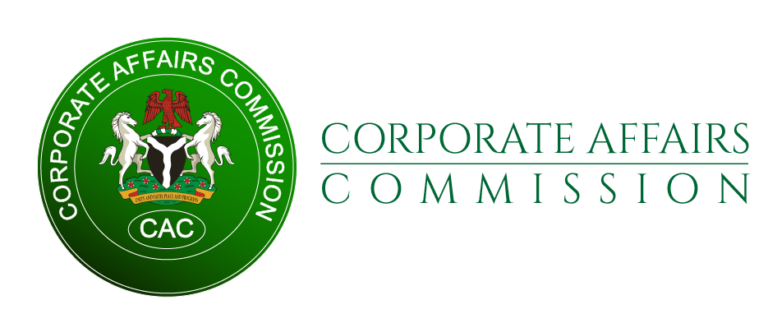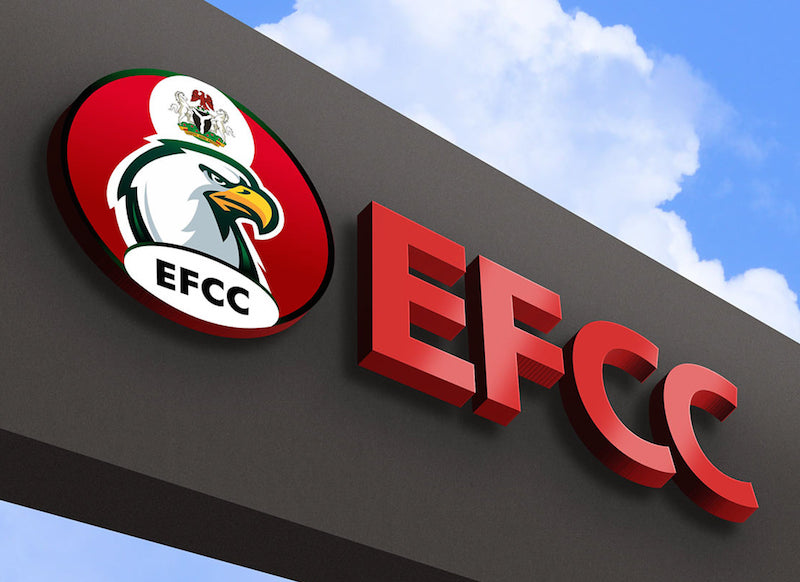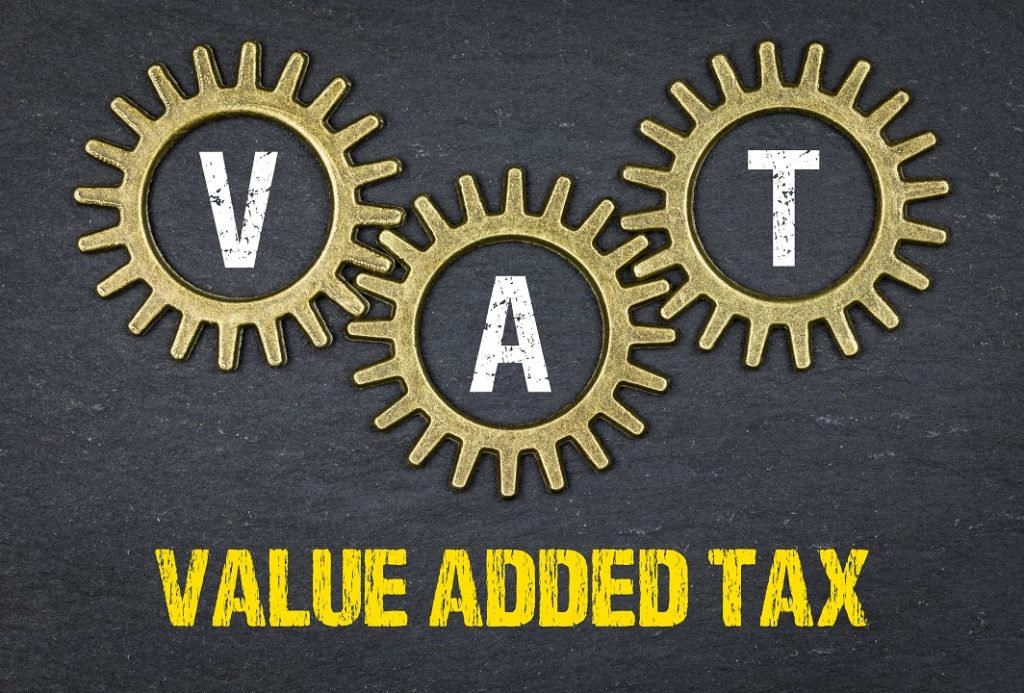
The Corporate Affairs Commission (CAC) is the regulatory body responsible for the registration and regulation of companies in Nigeria. It is essential to know if your company is active or inactive on CAC Nigeria as it determines the legal status of your business. In this article, we will guide you on how to check if your company is active or inactive on CAC Nigeria and what to do next.
STEP 1: Visit the CAC Nigeria Website
The first step to check the status of your company is to visit the CAC Nigeria website, www.cac.gov.ng. The website is user-friendly and easy to navigate. On the homepage, you will see a tab that says “Public Search”. Click on it to proceed.
STEP 2: Enter Company Name
Once you have clicked on “Public Search”, you will be redirected to a new page. On this page, you will see a search bar where you can enter the name of your company. It is important to note that you must enter the exact name of your company as it is registered with CAC Nigeria.
STEP 3: Review Search Results
After entering your company name, click on the “Search” button. The website will display a list of companies that match the name you entered. Review the search results to locate your company.
STEP 4: Check Company Status
When you have located your company, check the status column to see if it is active or inactive. If your company is active, it means that it is currently in good standing with CAC Nigeria, and all necessary filings and fees have been paid. On the other hand, if your company is inactive, it means that it is no longer in good standing with CAC Nigeria. This may be due to the non-payment of annual fees or non-compliance with regulatory requirements.
What to Do Next If your company is active, congratulations! You are compliant with all CAC Nigeria regulations, and your business is in good standing. However, if your company is inactive, there are a few steps you should take to remedy the situation.
STEP 1: Determine the Reason for Inactivity
The first step is to determine the reason for your company’s inactivity. This may be due to non-payment of annual fees, non-filing of annual returns, or non-compliance with regulatory requirements.
STEP 2: Address the Issue
Once you have determined the reason for your company’s inactivity, take steps to address the issue. For example, if your company is inactive due to non-payment of annual fees, make the necessary payments to bring your account up to date. If your company is inactive due to non-filing of annual returns, submit the necessary documentation to CAC Nigeria.
STEP 3: Seek Professional Assistance
If you are unsure about how to address the issue, seek professional assistance from a lawyer or accountant. They can guide you through the process and ensure that you are in compliance with all CAC Nigeria regulations.
Conclusion
In conclusion, it is essential to check if your company is active or inactive on CAC Nigeria to ensure that your business is in good standing with the regulatory body. By following the steps outlined in this article, you can easily check your company’s status and take the necessary steps to address any issues. Remember, compliance with CAC Nigeria regulations is essential for the success and longevity of your business.
Regville Associates offers end-to-end legal, tax and compliance service for companies. We assist Companies in becoming and staying regulatory compliant.
Feel free to contact us.
Tolulope Oguntade Regville Associates info@regville.com 08065111667


